*all opinions expressed are those of the original author and do not necessarily reflect the opinions or stance of Nagorno Karabakh Observer.
THE GOVERNMENT has given tacit support to an illegal scheme to supply Azerbaijan with military backing in its war with Armenia, according to a British peer who has admitted his own involvement. The Foreign Office also agreed yesterday that it knew of the project.
The Independent has learnt that a group of British and Turkish businessmen are negotiating with the Azeri authorities for the supply of arms and a large number of mercenaries, mainly from Britain. The Foreign Office confirmed that there is a British arms embargo against Azerbaijan, which is fighting a vicious war with the neighbouring former Soviet republic of Armenia over disputed territories. It is illegal for a Briton to be a mercenary soldier.
Lord Erskine of Rerrick confirmed last week that negotiations had taken place between the Azeri authorities and a consortium for which he is acting as a consultant. The existence of the negotiations has been confirmed by a senior Turkish politician and by a British arms trader, who has extensive experience of dealing with the Caucasus region.
Lord Erskine said a British registered company, Summit (Consortium) Limited, is arranging the deal. The company, he said, was involved in trade with Azerbaijan and with negotiating the provision of military support. Lord Erskine said his role was to provide introductions as a consultant to senior Azeri government ministers.
Two men identified as directors are based in Turkish Cyprus, where it is not illegal to trade in arms to Azerbaijan. Lord Erskine named one of them, Mustafa Mutlu, as the man helping to co-ordinate the negotiations with Azerbaijan. He could not be traced last week.
Most of the negotiations are being conducted by a British businessman whom Lord Erskine declined to identify. In the past three months this man has made three trips to Azerbaijan to talk to the local authorities.
Lord Erskine said he is to be paid a consultancy fee for his work for Summit and that the deal runs into millions of pounds. Other sources – one of whom is a Turk close to the Azeri authorities – said that they were aware of the negotiations, and that the proposal is for the provision of soldiers and arms. The Azeris are said to be prepared to pay an annual fee of as much as pounds 150m.
It is understood that the negotiations are still not complete, but privately chartered Russian aircraft have been put on standby to fly mercenaries into the area. The first phase of the scheme is to provide British military trainers.
The Azeris would pay the bills mainly in the form of oil. An American oil company is reported to have provided training for Azeri soldiers by former members of the US armed forces in breach of American embargoes. The US State Department is investigating the allegations, which were made by foreign diplomats based in Baku, the Azeri capital.
Lord Erskine was named last year by Michael Mates, when Northern Ireland minister responsible for security affairs, as a ‘member of the security services’. The Government has denied that Lord Erskine has ever been a member of the security services but he said last week that he provided information, for which he was unpaid, to the Foreign Office. He told them last year, he said, of the plans to supply men and weapons to Azerbaijan during a meeting with a senior official at the Foreign Office.
Lord Erskine, 68, lives in Turkish northern Cyprus but is to return to the UK within a month.
His Foreign Office contact, whose indentity is known to the Independent, is listed in the Diplomatic List as a first secretary. He confirmed last week that he spoke to Lord Erskine ‘at least once a year’ and had been told of the plan to supply mercenaries to the Caucasus. He denied that he had been told that British companies were involved.

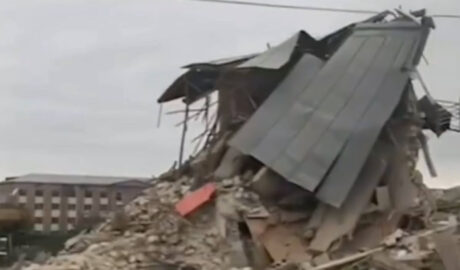
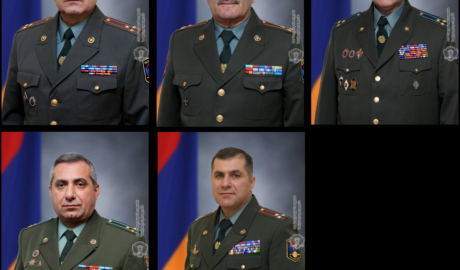

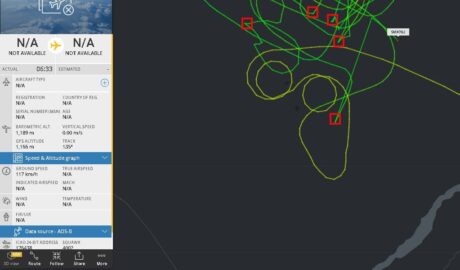
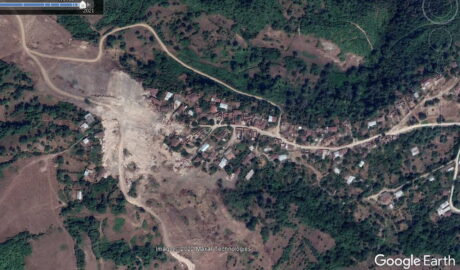
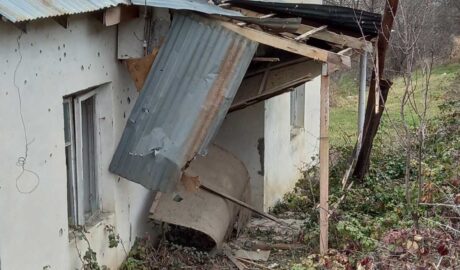
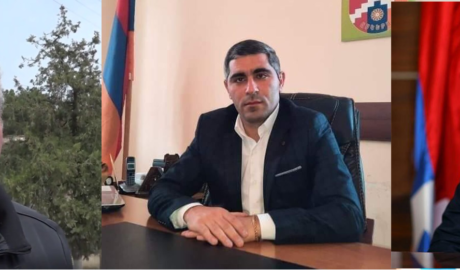
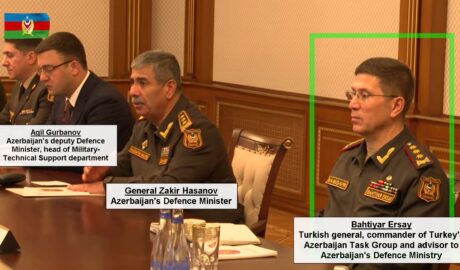
Comments are closed, but trackbacks and pingbacks are open.